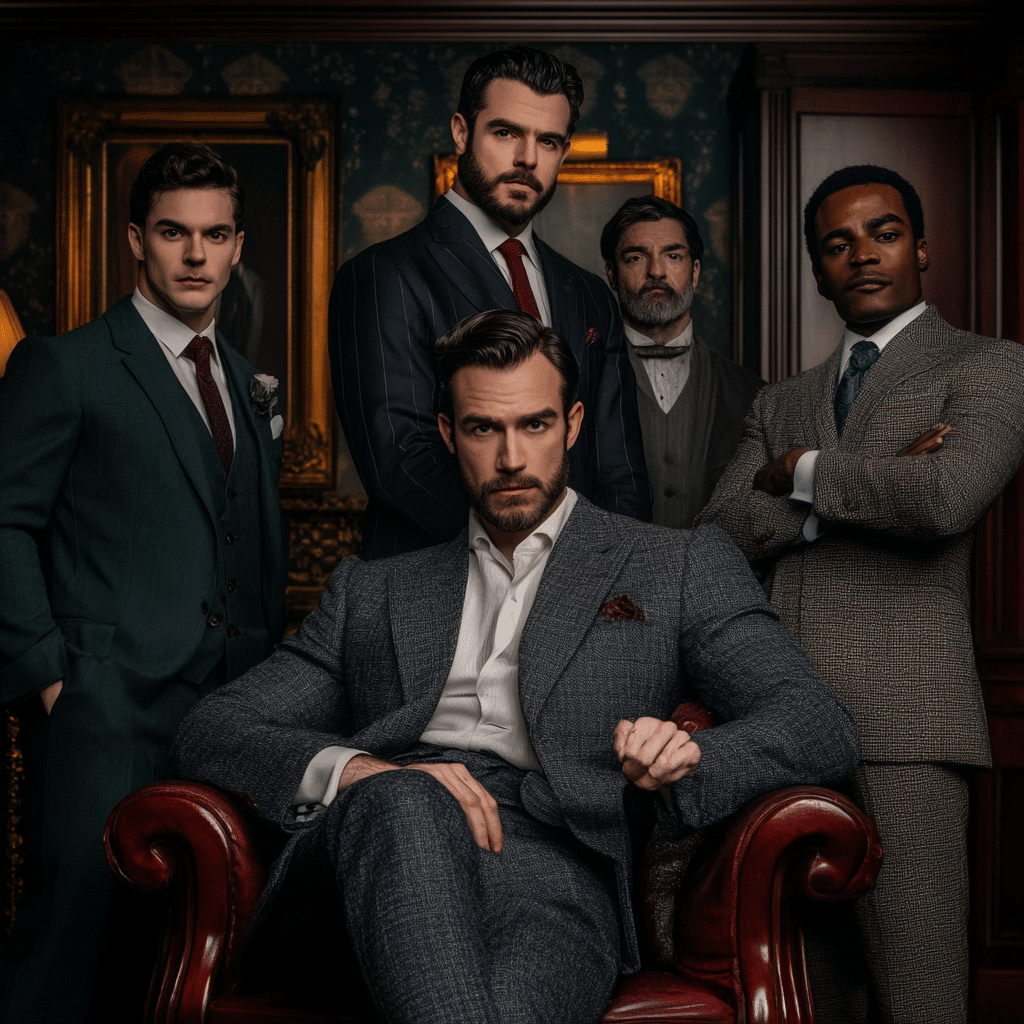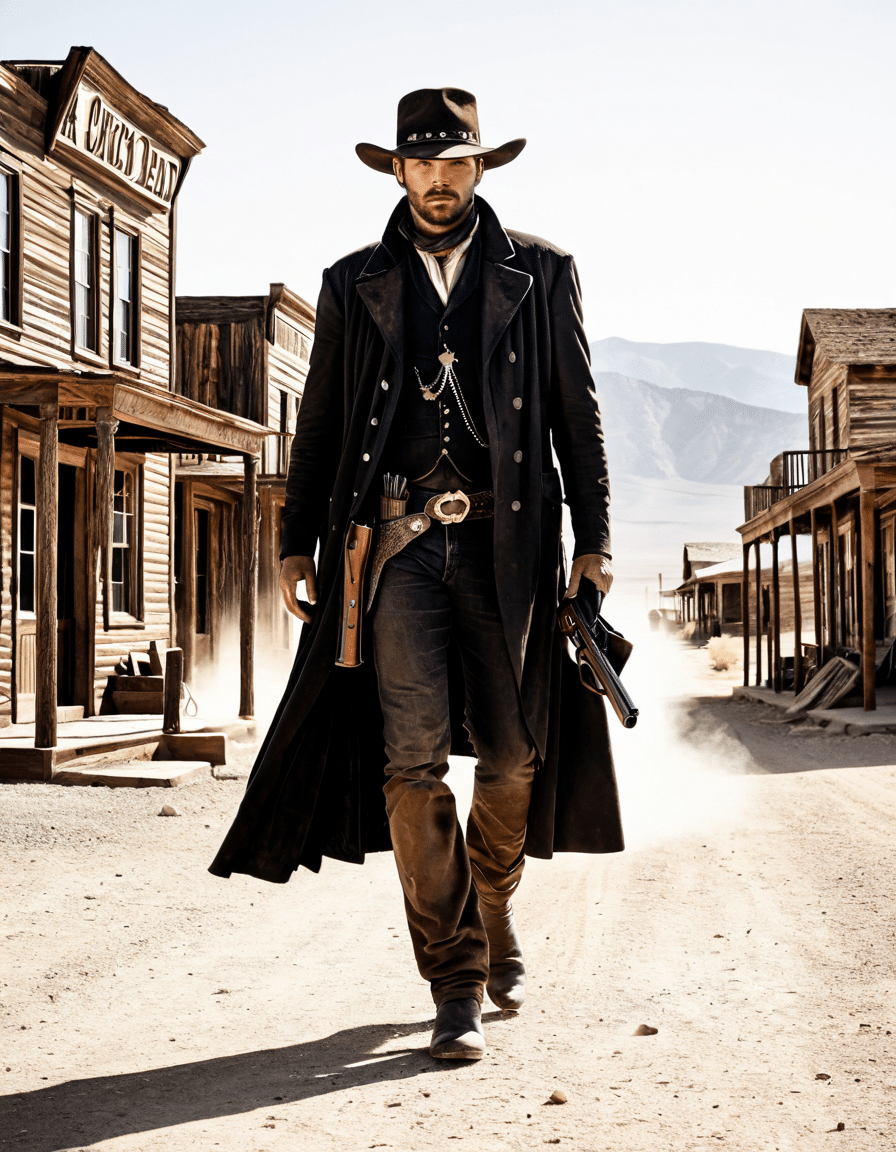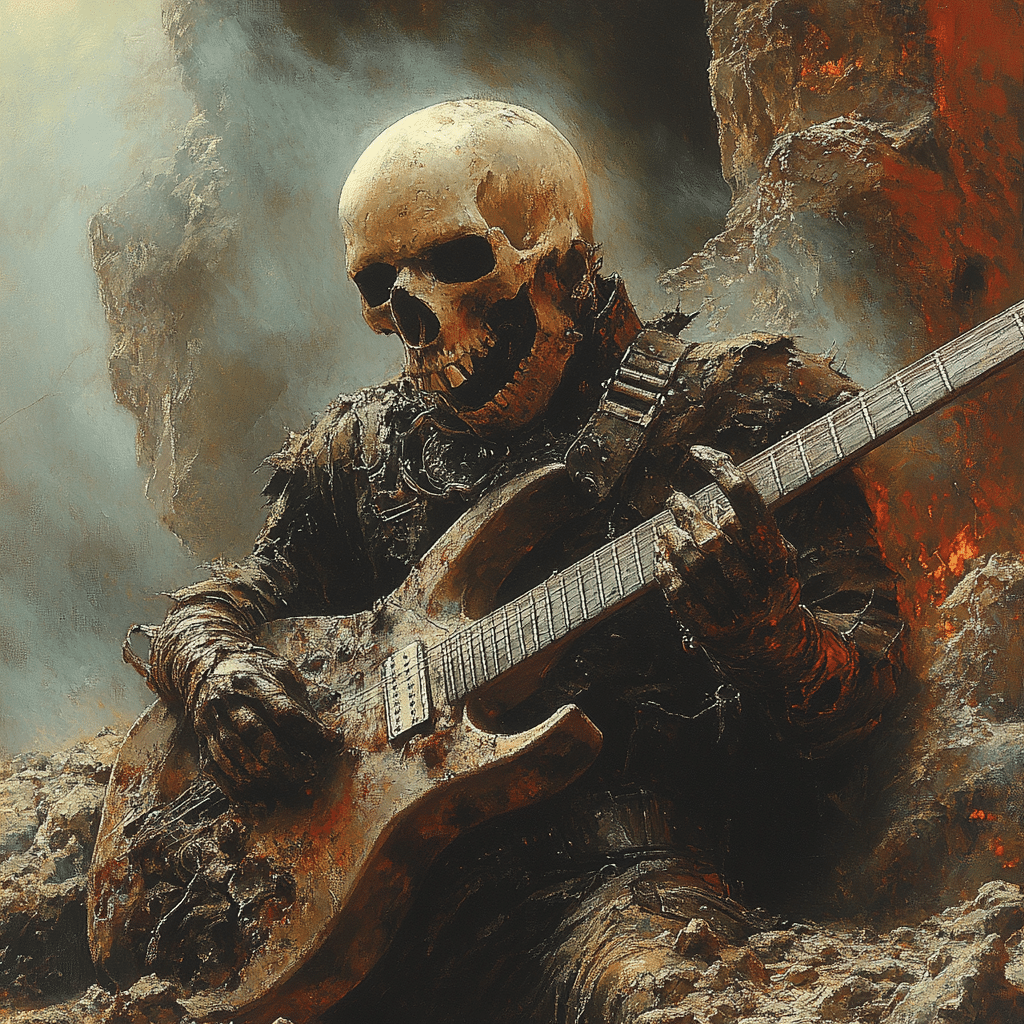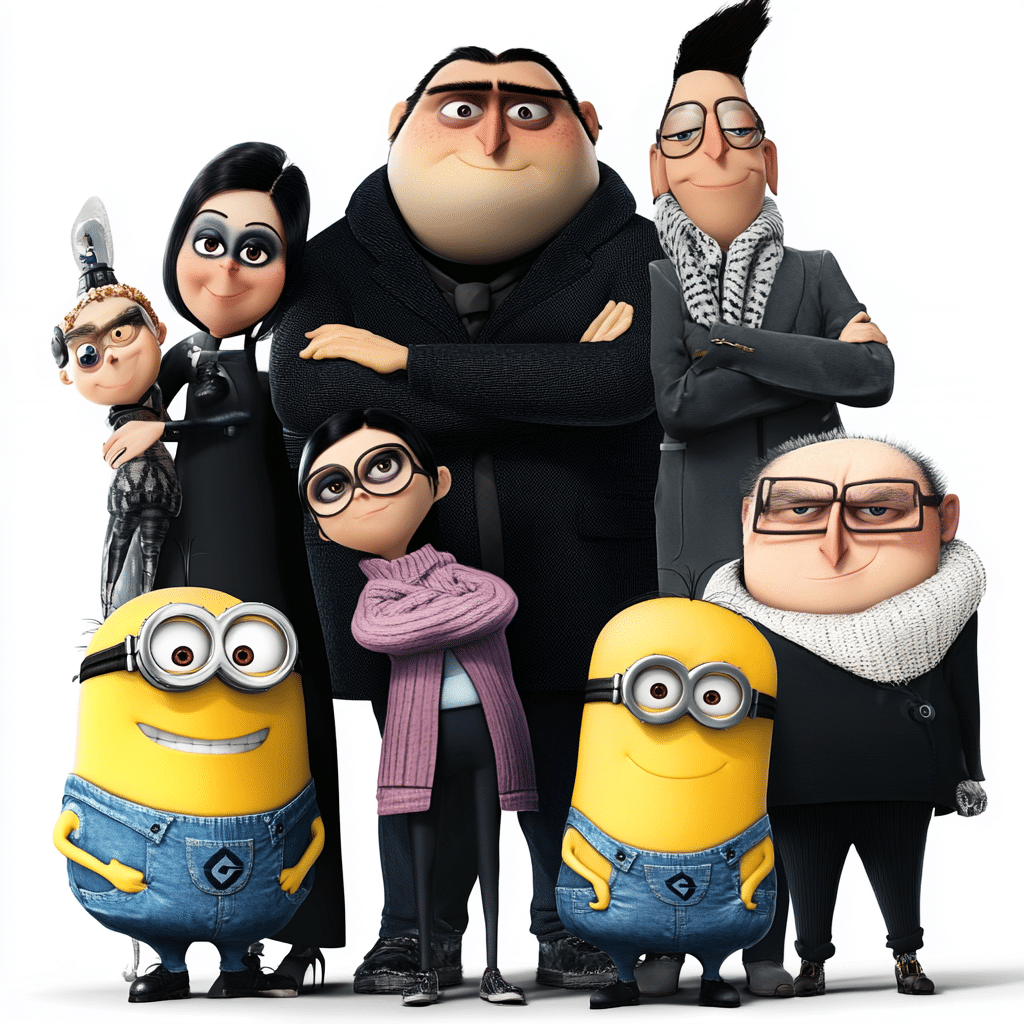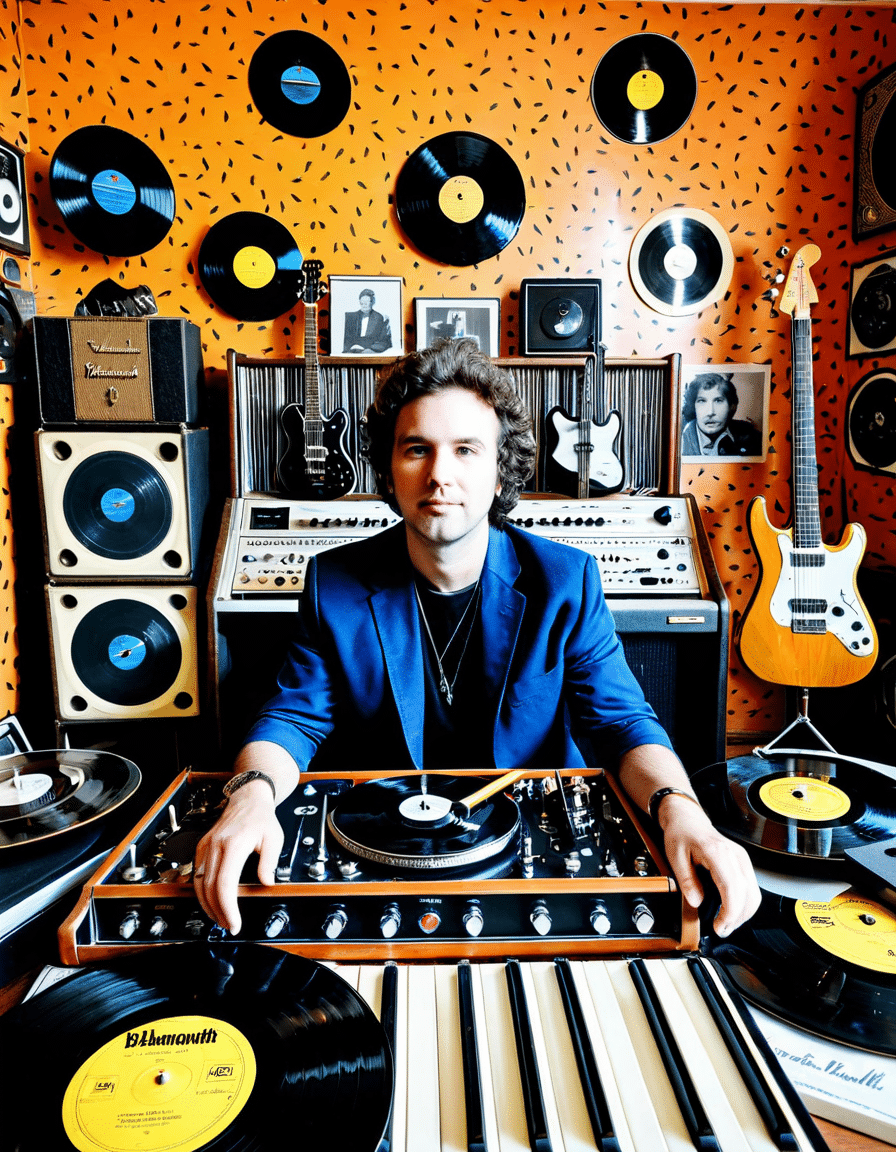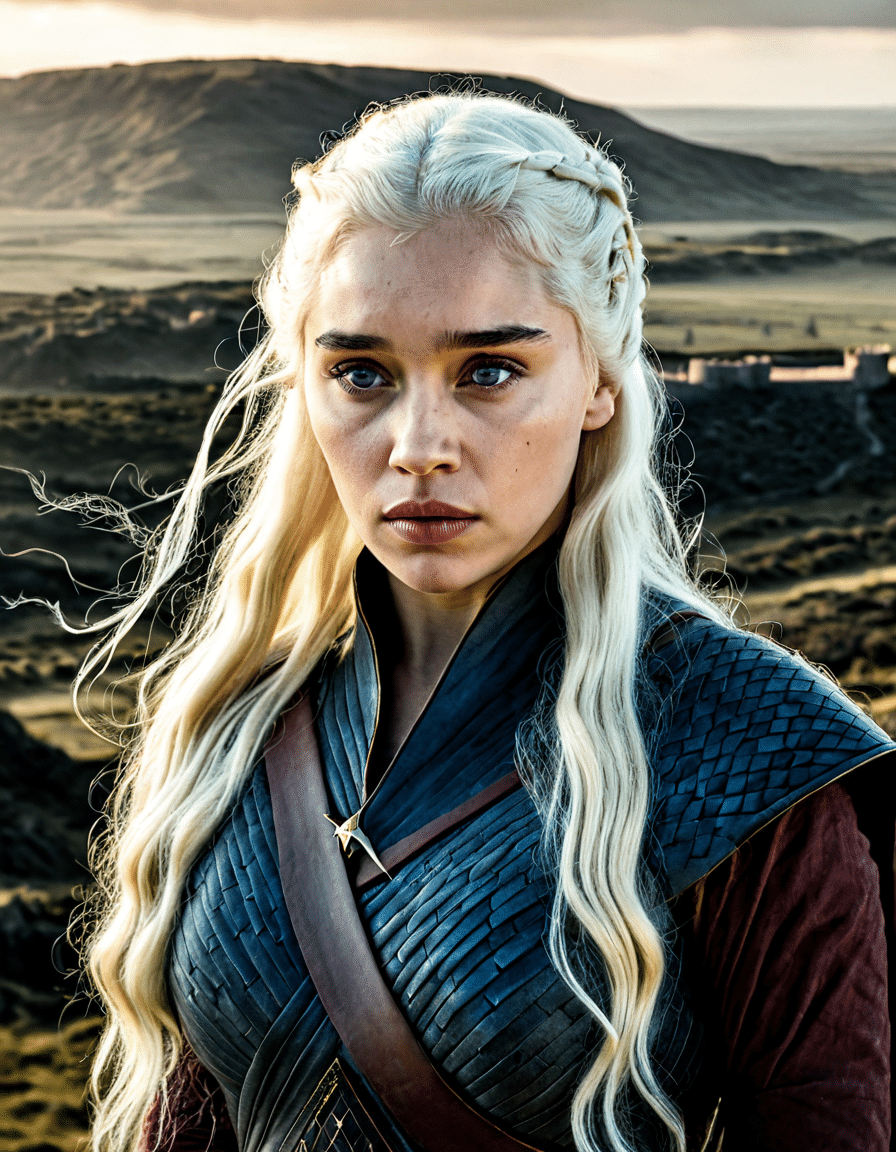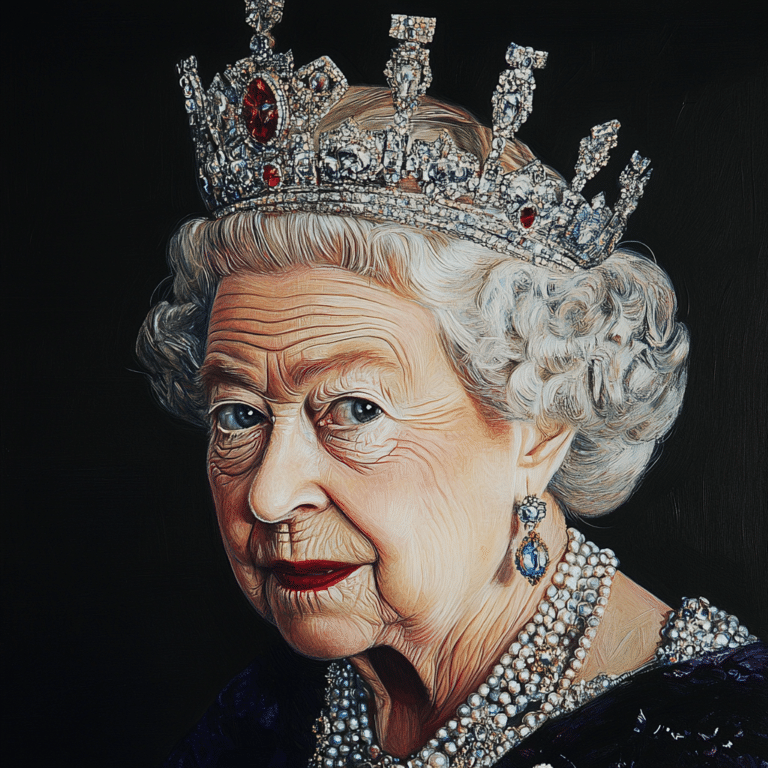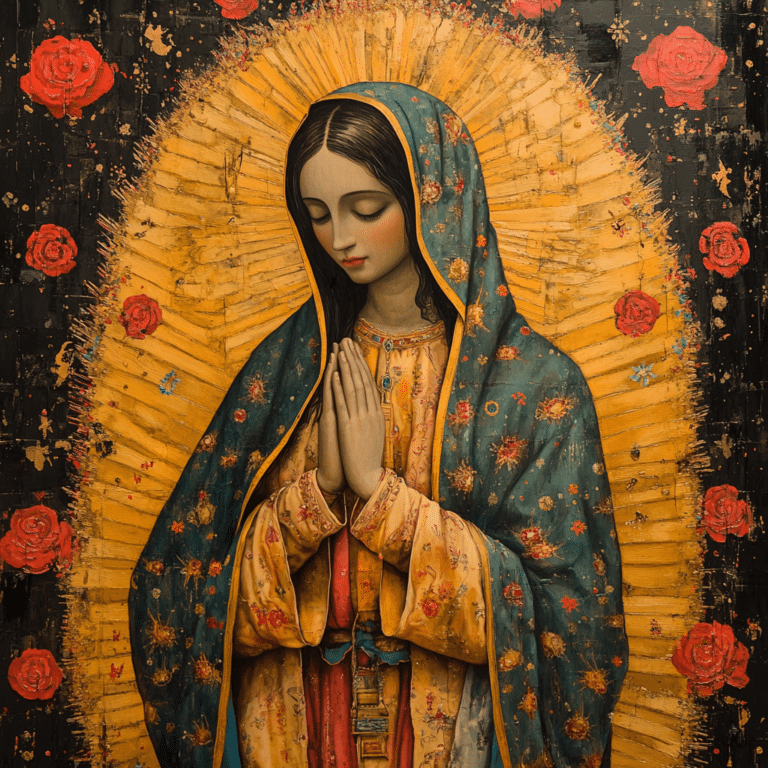In the mythos of Game of Thrones, Theon Greyjoy is often overshadowed by other characters, but his journey across Westeros is nothing short of extraordinary. Portrayed by Alfie Allen, Theon isn’t just the arrogant son of the Iron Islands; he embodies complexity, conflict, and ultimately, redemption. His role peaks in a gut-wrenching moment when he makes a heroic last stand against the infamous Night King, the embodiment of death and despair. This article dives into Theon’s evolution and how it encapsulates the broader struggles of humanity within the unforgiving world created by George R.R. Martin.
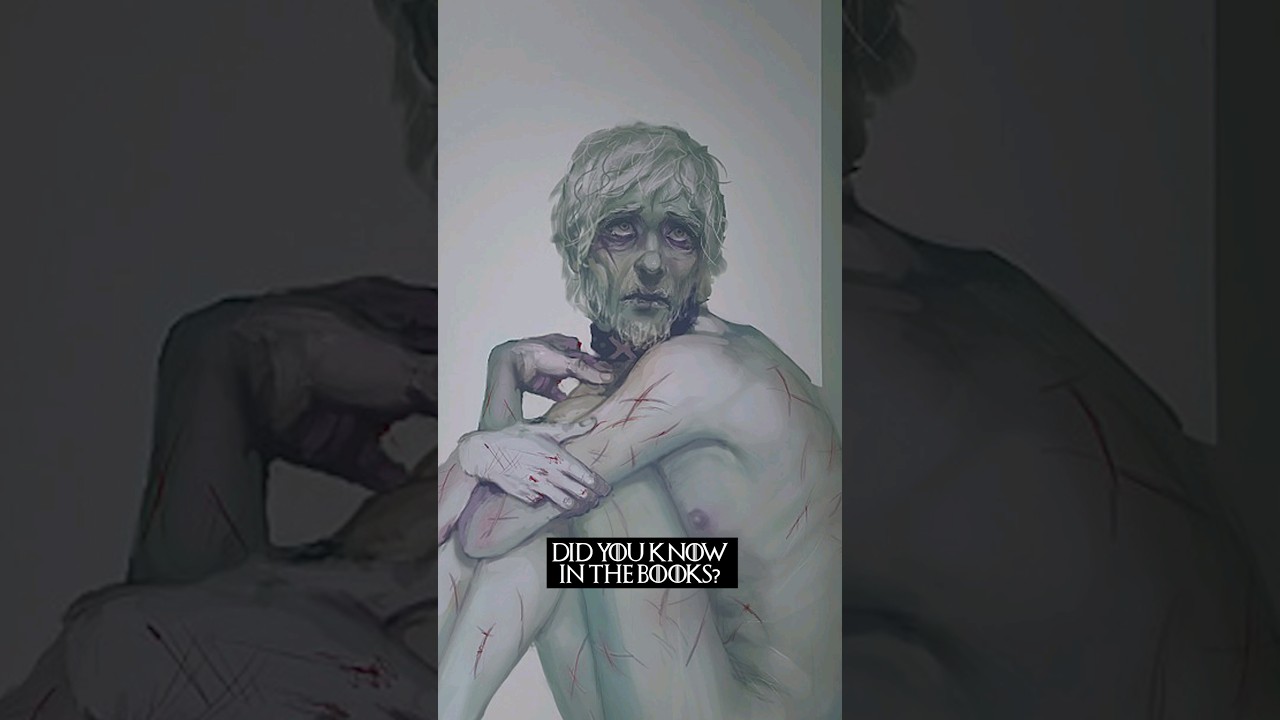
Theon Greyjoy: The Unsung Hero of Westeros
Theon Greyjoy’s story mirrors the turbulent history of Westeros itself. From his capture by Eddard Stark to his brutal torture at the hands of Ramsay Bolton, his life isn’t just a series of choices; it’s a battle for identity. Trying to navigate the expectations of his father, Balon Greyjoy, and the Stark legacy that guides him creates an emotional landscape rich with tension. Picture this: a young man in his late teens, similar in age to Jon Snow and Robb Stark, caught between family loyalty and the weight of betrayal.
Theon’s character truly burgeons when he chooses to defend Bran Stark during the Battle of Winterfell. Despite his previous errors, his resolve to protect Bran symbolizes a deeper acknowledgment of his failings and makes him a beacon of hope for what true heroism looks like. It takes guts to confront the Night King, especially when he’s seen as a coward for much of the series. But in that moment, Theon proves that sometimes the smallest acts of courage can erupt into magnificent tales of bravery.
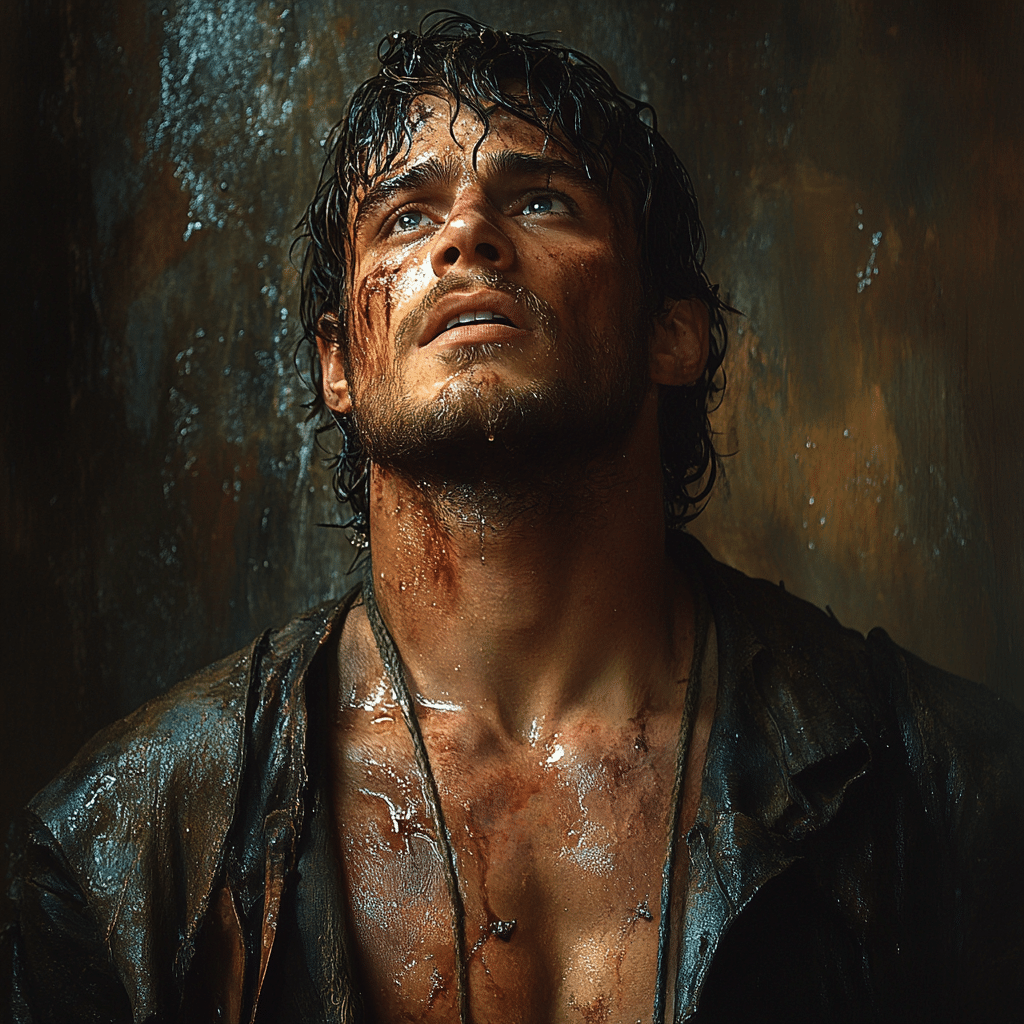
Top 5 Reasons Why Theon Greyjoy’s Last Stand is a Defining Moment
Theon Greyjoy’s last stand is a dramatic turning point, not only for him but for the entire narrative of Game of Thrones. Let’s dive into five key reasons why this moment grips our hearts and keeps us coming back to the series.
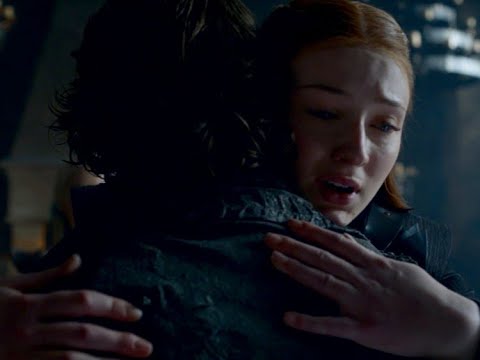
1. Redemption through Sacrifice
At the heart of Theon’s character arc is a deep-seated desire for redemption. He may have strayed down a dark path, initially aligning with the Greyjoys at the cost of his Stark family ties. But when Theon decides to defend Bran, it marks a shift from selfish actions to selfless sacrifice. Remember Stannis Baratheon, chasing the Iron Throne? His relentless pursuit ended in loss, pushing him toward reckoning. Theon’s act reflects the idea that even flawed characters can seek and obtain redemption—a theme that resonates throughout the series.
2. The Legacy of the Targaryens
Theon’s alliance with House Stark mirrors the important alliances made by House Targaryen, where honor and loyalty reign supreme. Think about the contributions of Rhaegar Targaryen and Daeron Targaryen, who fought with a sense of duty that encapsulated ambitious aspirations. Just like Rhaegar sought unity amidst chaos, Theon’s bravery against the Night King becomes an ideological battle where he ultimately prioritizes communal welfare over personal ambitions.
3. The Dichotomy of Love and Loyalty
Theon’s relationship with the Stark family showcases the ongoing struggle between loyalty and betrayal. His deep feelings for Bran Stark highlight this internal conflict. It’s a narrative arc reminiscent of Rhaenys Targaryen, where loyalty to family often leads to devastating choices. This juxtaposition—between Theon’s earlier actions of betrayal and his ultimate heroism—lends richness to his character and presents a moving portrayal of love, regret, and acceptance.
4. A Symbol of the Human Cost of War
Theon Greyjoy’s demise serves as a harsh reminder of the costs of war and heroism. After the carnage of the Battle of Winterfell, his poignant end stands as a sorrowful testament to the sacrifices placed on the battlefield. His loss encapsulates the collective suffering Crippled characters like Stannis Baratheon faced during their quests, emphasizing the harsh reality that every character pays a price in their battle against darkness.
5. The Unlikely Hero
In a series crammed with bigger-than-life characters, Theon’s transition from perceived villain to hero uplifts the narrative. He embodies the notion of unexpected courage, akin to that of Samwell Tarly, who faced his fears head-on. Theon’s choice to confront the Night King serves as a rallying cry, showcasing that genuine bravery often arises from the most unlikely of heroes. This element resonates deeply, echoing the inspiring leadership of figures like Rhaegar Targaryen, who instilled courage in his followers.
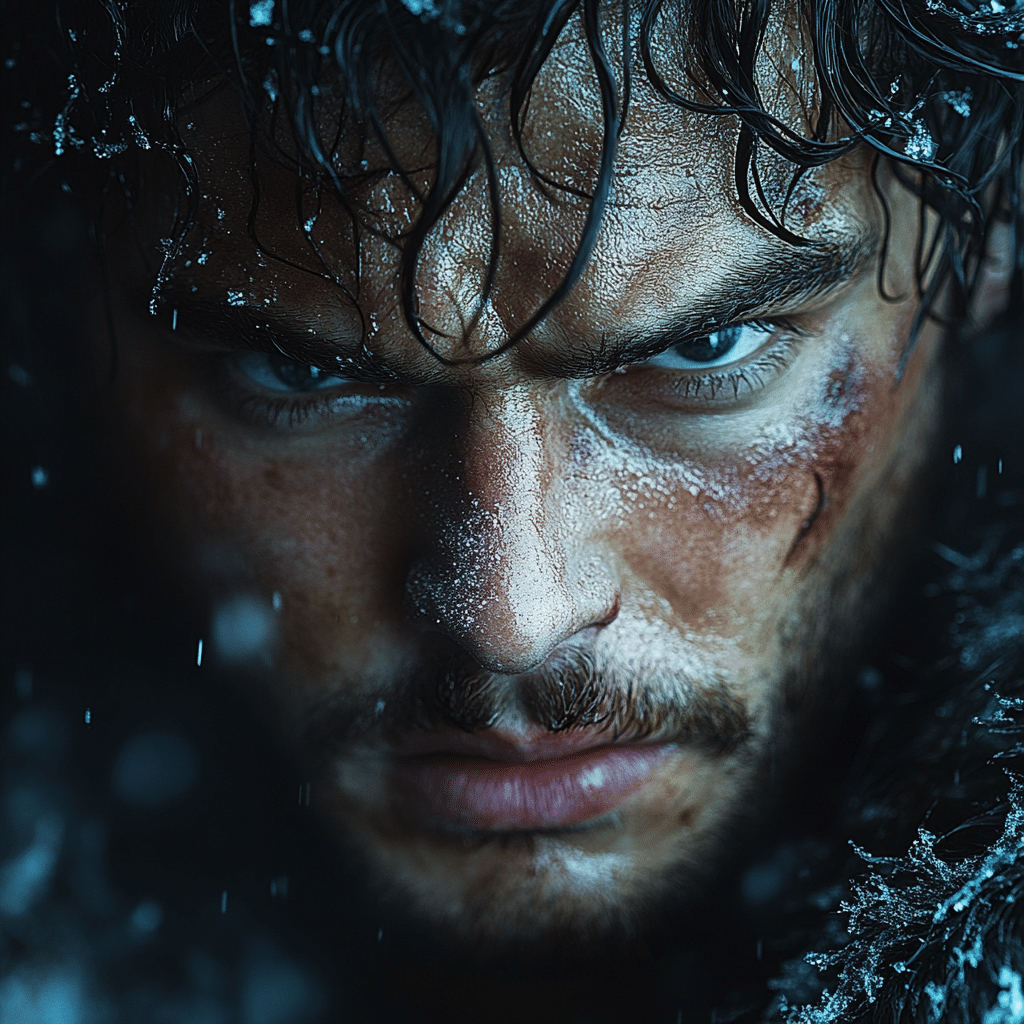
Legacy of Theon Greyjoy: Heroism in the Shadows
Looking back, Theon Greyjoy’s last stand remains a powerful tale of transformation. His path—marked by betrayal, sacrifice, and ultimately redemption—aligns beautifully with the narratives of many other characters in Game of Thrones. Whether drawing parallels to the stoic honor of the Targaryens or the harrowing struggles of Stannis Baratheon, Theon teaches us about the profound impact one can have against overwhelming odds.
As we ponder Theon’s legacy, it becomes clearer that he wasn’t just a pawn manipulated by larger forces; he was a formidable player in his own right. His journey demonstrates that heroism can manifest from the shadows, revealing the true depth of sacrifice and the indomitable human spirit in a world teetering on the brink of devastation.
So, the next time you hear “Theon Greyjoy,” think of a character who reclaimed not only his honor but also his place in history—a true testament to the idea that every story, no matter how dark, has the potential for light. Who knew the Iron Islands could produce such a hero when it came down to it? Just goes to show, there’s often more to every character than meets the eye—albeit with a side of Dandadan Anime and a sprinkle of Fedor Emelianenko alertness!
In the tapestry of Game of Thrones, Theon’s heroism will forever be a standout chapter, reminding us all that sometimes, redemption comes at a high price. His ultimate sacrifice for Bran Stark resonates as a lesson that we can never fully predict how narratives unfold or how heroes emerge, even in the most unremarkable of circumstances. The truth is, it takes courage to face a monster—and that’s as real as it gets.
So, salute to Theon Greyjoy, the unlikely hero whose story will carry on through the ages, illuminating the path of bravery and sacrifice for generations to come!
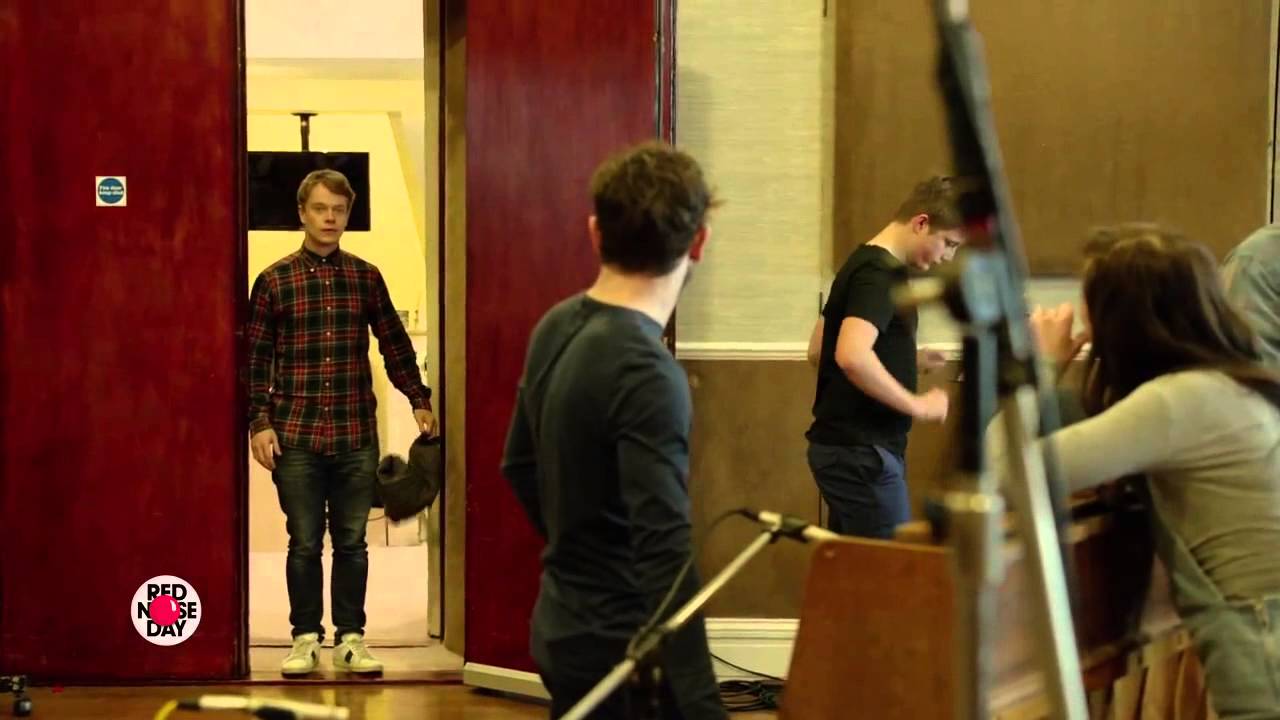
Theon Greyjoy: The Brave Last Stand
A Character for the Ages
Theon Greyjoy is a character who evokes a range of emotions, from pity to admiration, owing to his compelling journey throughout the series. Fans appreciate how Theon’s character arc transforms from a self-serving nobleman to a heroic figure willing to sacrifice everything for his loved ones. His willingness to fight the Night King showcases the courage hidden beneath his tumultuous past, making him a standout figure in the Game of Thrones saga. Did you know that Theon’s bravery resonates well beyond the screen? His plight speaks volumes about loyalty and redemption, themes explored in many popular films, like the drama Dulce.
A Nod to Real Life
Interestingly, while Theon Greyjoy battles the supernatural, real-world struggles often unfold similarly. For instance, many folks face their own challenges, like the surprising percentage of Americans without internet access. Not having adequate resources can be just as isolating as Theon’s journey through the bleak North. Then, there’s the parallel of fighting for home, much like those in commercial real estate for rent near me, striving to find their own place in the world. Just as Theon sought acceptance among his family, so too do these individuals aim toward security and belonging.
A Cultural Impact
Theon’s heroic stand has left a mark on fans and the industry alike. It’s amazing how a mere character can impact broader cultural narratives about responsibility and personal growth. Fans often draw parallels between Theon’s sacrifices and other stories, like the new innovations in spec home building, which reflect a desire for fresh beginnings and shelter. Even the Utah tax rate has been a hot topic, showing how real-world pressures can influence storytelling in unexpected ways. As Theon fights for redemption, viewers are reminded of their struggles and motivations in life, reinforcing the timeless nature of his storyline.
Through these connections, Theon Greyjoy’s story remains relevant and deeply resonant, highlighting not just the world of Game of Thrones, but also the human experience beyond it.
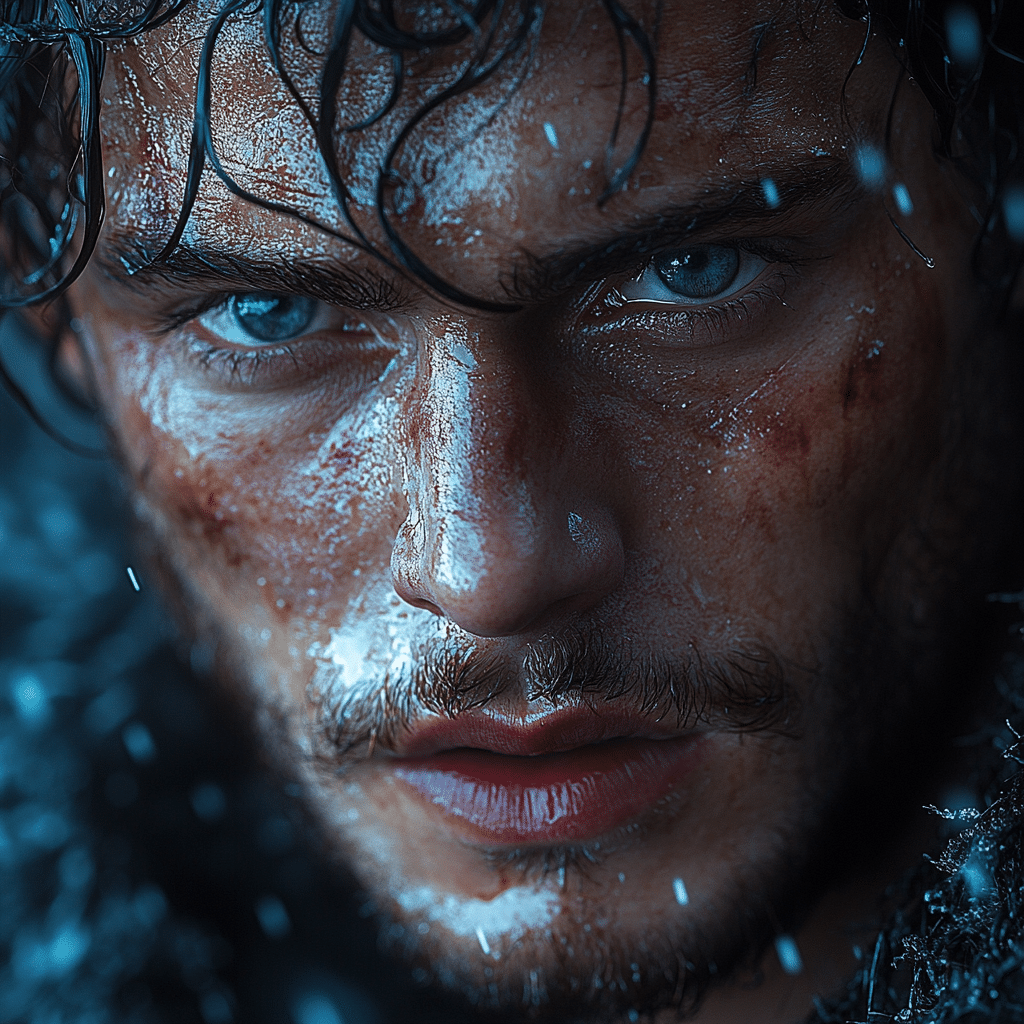
Why did Theon’s hair turn white?
Theon’s hair turned white due to extreme physical and psychological stress he experienced while being tortured by Ramsay Bolton. The years of brutality and starvation altered his appearance drastically.
What condition does Theon Greyjoy have?
Theon Greyjoy’s condition can be described as dissociative disorder, especially after his experiences with Ramsay. He struggled with his identity, particularly as he was called “Reek” during his time as Ramsay’s servant.
How did Theon end up with Ramsay?
Theon ended up with Ramsay after he took Winterfell from Bran and was betrayed by his own men. This betrayal led to his capture by House Bolton, where Ramsay inflicted tremendous cruelty upon him.
How long did Ramsay have Theon?
Ramsay had Theon captive for approximately three years, from the last episode of season 2 until the last episode of season 5. During this time, Theon’s identity was shattered, and he was transformed into a broken shell of his former self.
Why did sansas hair turn black?
Sansa’s hair turned black due to the high-stress situations and traumatic events she experienced. This darker change is often seen as a reflection of her character’s development and the challenges she faced.
Why is Ramsay Bolton so evil?
Ramsay Bolton is portrayed as incredibly evil due to his sadistic nature and enjoyment of tormenting others. His upbringing and the brutal environment of House Bolton contributed to his cruel behavior.
What mental illness does Joffrey have?
Joffrey Baratheon shows symptoms consistent with a personality disorder, likely narcissistic or antisocial traits. His tyranny and cruelty demonstrated a lack of empathy and remorse for his actions.
Does Arya have schizophrenia?
There is no evidence that Arya has schizophrenia. She’s depicted as a strong-willed character dealing with trauma, but her experiences do not align with the symptoms of schizophrenia.
Who killed Ramsay Bolton?
Sansa Stark ultimately kills Ramsay Bolton. She orchestrates his death by allowing his own hounds to devour him, providing a fitting end to his reign of terror.
Did Sansa fall in love with Theon?
Sansa did not fall in love with Theon. Instead, their relationship was more complicated, marked by shared experiences of trauma and a mutual understanding of loss.
Who is Alfie Allen’s sister?
Alfie Allen, who plays Theon Greyjoy, has a sister named Lily Allen, who is a well-known singer and songwriter. Their family has a background in the entertainment industry.
Who did Theon sleep with?
Theon Greyjoy’s most notable romantic encounter was with a woman named “Sigrid,” a brief connection during his time away from home, showcasing the complexities of his character.
Who kills Theon Greyjoy?
Theon Greyjoy is killed by the Night King, who impales him with a spear while Theon tries to defend Bran Stark. His death is a pivotal moment during the Long Night battle.
Does Reek ever become Theon again?
Reek struggles to reclaim his true identity as Theon Greyjoy throughout the series. Despite the immense trauma he faced, he shows signs of redemption, particularly when he helps Sansa escape.
What happens to Yara Greyjoy in Game of Thrones?
In Game of Thrones, Yara Greyjoy meets her end during the Battle of King’s Landing, where she fights valiantly against Theon, who has been reanimated as a wight. Her death marks another tragic loss for House Greyjoy.


